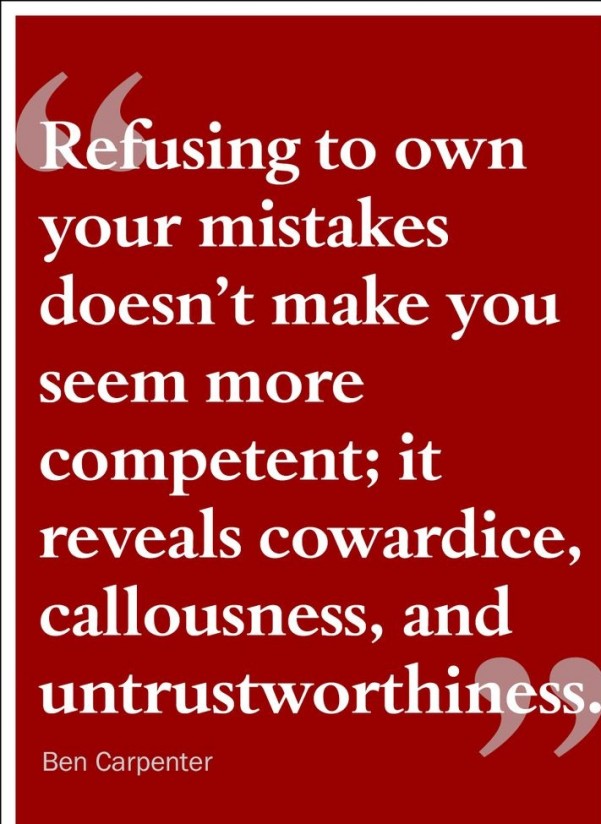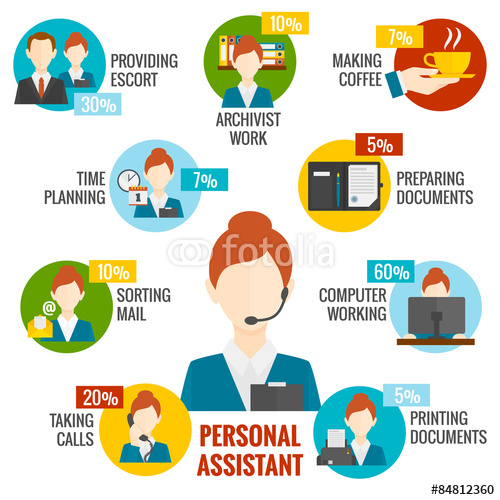MAKE YOUR FIRST IMPRESSION MATTER
Every time someone walks into your office, they are always the first people that the

visitors interact with. They say that first impressions matter a lot and this is very true. PA’s in every organization will determine if new clients will comeback or if they will kill all contact with your organization. Being the image of an organization, the outside world will always judge your organization based on their first experience with your PA.
Executive PA’s should be jovial, have a ready smile despite what they are going through or how hard a client is, they should be able to handle difficult situations calmly without hurting the clients feelings and they should be able to make a client want to come back again and again. Achieving all this is never easy but it is doable. Our Executive Personal Assistant Program program seeks to inculcate an excellent balance of personal conduct, tact with business approach when and where key support of those who move the organization wheels matter . Our program will fine tune and polish your skills thus increasing efficiency and productivity for your organization
Besides the impression are also issues relating to the way one carries hi/herself and the lines to observe whenever working as one’s PA.

Business Etiquette for Personal Assistants
- Aim to become your boss’s “right arm.” Your goal is to become indispensable. It’s in an assistant’s best interest to learn as much as possible about his or her supervisor’s likes, dislikes, pet peeves, and personal preferences. Not because you are “sucking up,” but because it will be an important guide moving forward to assist you in making daily decisions for yourself, and on his or her behalf. For example, a good assistant knows how to multitask and prioritize multiple projects. If you know your boss likes to have completed projects on her desk in a particular colored folder, make an effort to include those folders in the weekly office supply order so you aren’t caught off-guard when it’s time to put the presentation package together. Rather than leaving a pile of papers on her desk with a sticky note that says, “Sorry, we ran out of folders… ” you will appear prepared and professional. Small details make a big difference.
-

Creativity is allowing yourself to make mistakes. Art is knowing which ones to keep. Own your mistakes. It’s an unfortunate truth that we learn much more by our disastrous missteps. The bigger the blunder, the more intense the lesson will be. When you are training, you are expected to have a reasonable number of learning curves; after a certain point in time, there is no excuse for confirming a lunch meeting for Tuesday, when the lunch is scheduled for Thursday. The worst thing you can do is make an excuse. It’s a sign that you are not willing to own your actions, which makes for a less impressive employee. When you make an error, own it, apologize and state a plan of action moving forward.
- “No surprises.” Your boss should always be the first to know when something goes right or wrong. Hearing it from a coworker, or someone other than yourself, is a sign that you are not being upfront or keeping your boss in the loop. No boss wants an assistant he or she can’t trust. If something critical is materializing with an important client, and you forgot to tell your boss that you received an email about the change, it could be a great disadvantage to you and your career. No boss wants to look as if he or she is ill informed.
- Keep your boss’s private and professional information to yourself. Working closely with a CEO or other supervisor means that you will be privy to confidential and personal information. It would be highly unprofessional to divulge phone conversations, bank balances, client conversations, recent medical scares, or anything else that would tarnish your credibility as an honest and trusted employee.
- Take notes. Never be without a notepad and pen. A good boss is always thinking about new and creative ways to run the business more efficiently and create opportunities that will benefit current and future clients. You can’t possibly remember everything; taking notes gives you a reference to look back on later in the day, week or month as new projects start to take shape.
- Watch and learn. You will gain important leadership skills by simply watching the way your boss conducts his or her day to day business. There is a reason your boss has become a success and you have the unique opportunity to learn from the best. If you are thinking that you have a boss that is “worthless,” “lazy” or “unmotivated,” you are in the wrong job! It’s solely up to you to find a path that will help advance your professional career and challenge you to be your personal best.
- Keep up with your boss’s calendar. Keep track of his or her schedule in your own personal planner. It reflects positively on you when you know where your

One Head- Many tasks boss will be, where she needs to go, and who she plans to meet. Make it a point to compare schedules at least twice a week to keep your calendars in sync. This routine will open the door to further discussions on upcoming meetings, projects and speaking engagements. Use this time to offer ideas, suggestions and highlight your efficiency, creativity and motivation.
- Don’t stop learning. There will always be something new to learn. Don’t hesitate to ask your boss what else you can do to take the pressure off; research information and facts for the online newsletter, create an updated PowerPoint, or become more efficient at social media.
- Finally, always be thinking of ways to add to your professional skill set. Your boss will no doubt notice your enthusiasm and commend you for your efforts in the form of a raise when the time is right.
